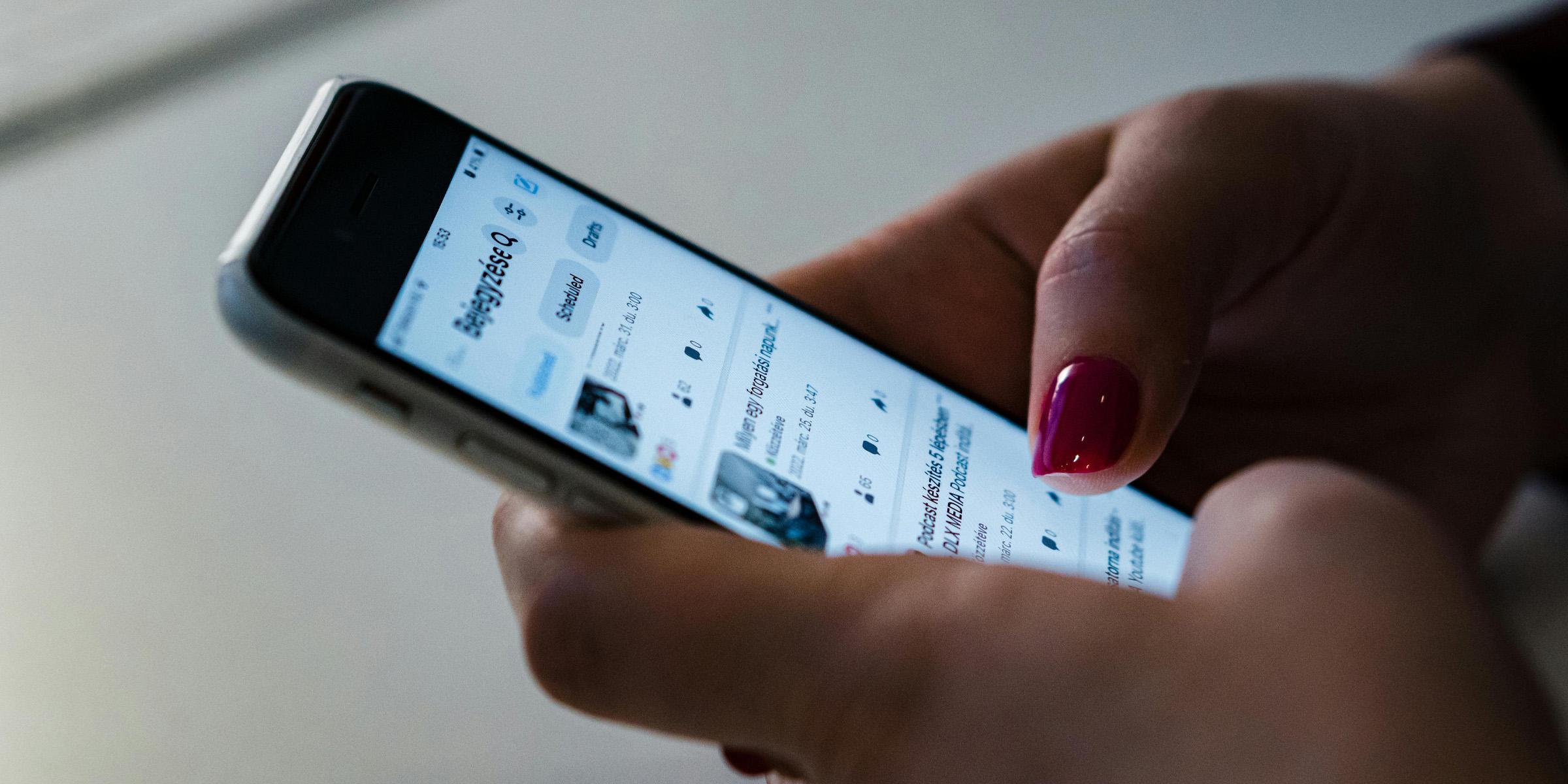
The Real Effects of Social Media on Self-Worth
The validation of a "like" can be satisfying, but what happens when the likes fade? For many, the quest for online approval is a double-edged sword, impacting their real-world self-worth.
Social media platforms have become an important part of modern life, with billions of users worldwide. These platforms offer a space for connection, community, and self-expression. However, the constant exposure to the "perfect lives" of others can take a toll on our mental well-being.

A woman interacting with people online | Source: Freepik
That said, how social media affects self-esteem has become a growing concern. This is because more people are finding their sense of self-worth intertwined with their online presence.
While social media can be a force for good, it also has a darker side. From the unrealistic beauty standards to the fear of missing out on exciting experiences, this can lead to insecurity and self-doubt. As we dive deeper into the digital age, it is crucial to understand the effects of social media and learn how to navigate this complex landscape.
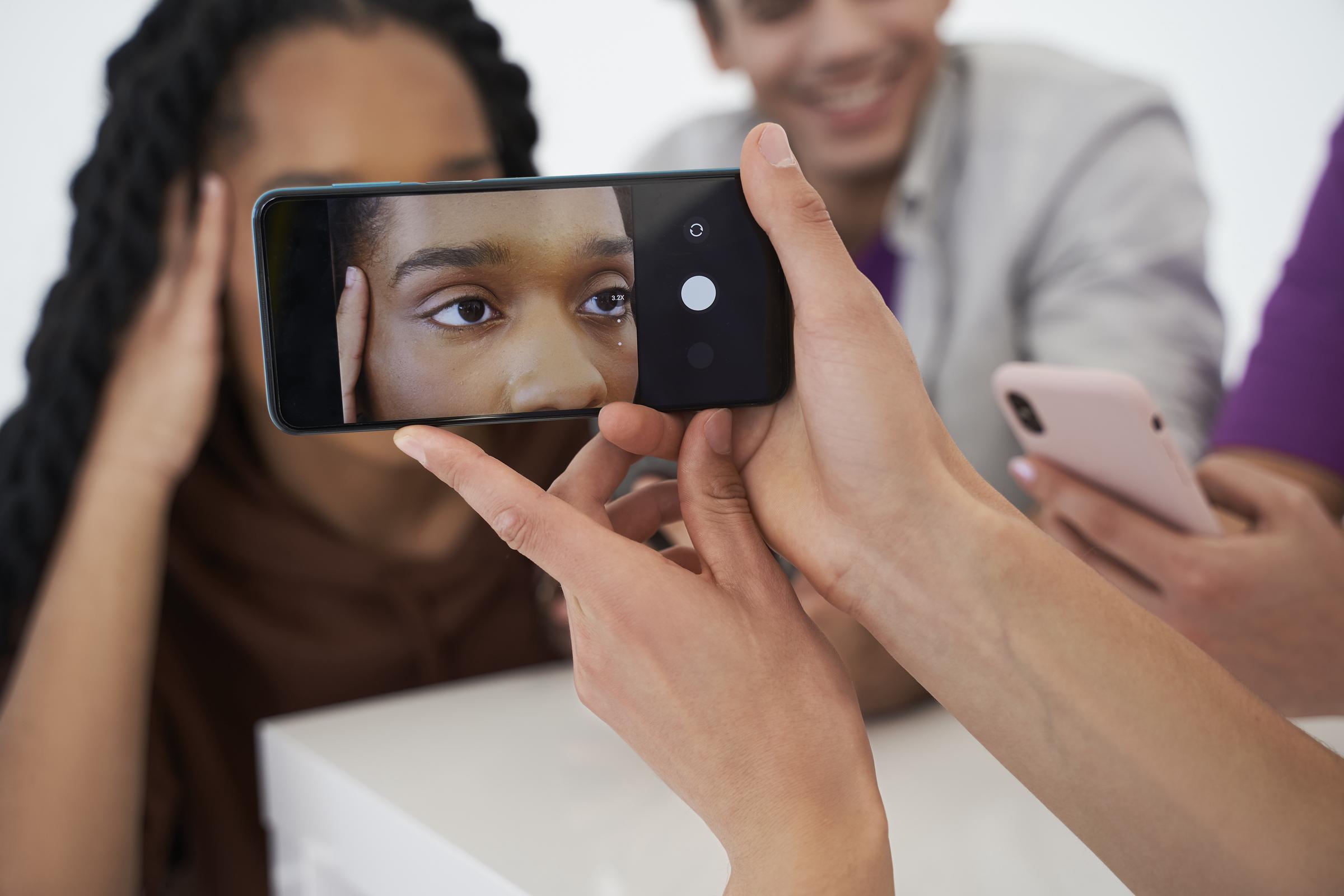
People using their smartphones | Source: Freepik
1. The Illusion of Perfection: Images Don't Portray Reality
Social media is a world of filters. The images we see online are often a far cry from reality, yet we can't help but compare ourselves to them.
This constant comparison can make us feel like we are not good enough, leading to a distorted sense of self-worth. Even when we know that the images are heavily edited, it can be difficult to shake off the feeling of inadequacy.
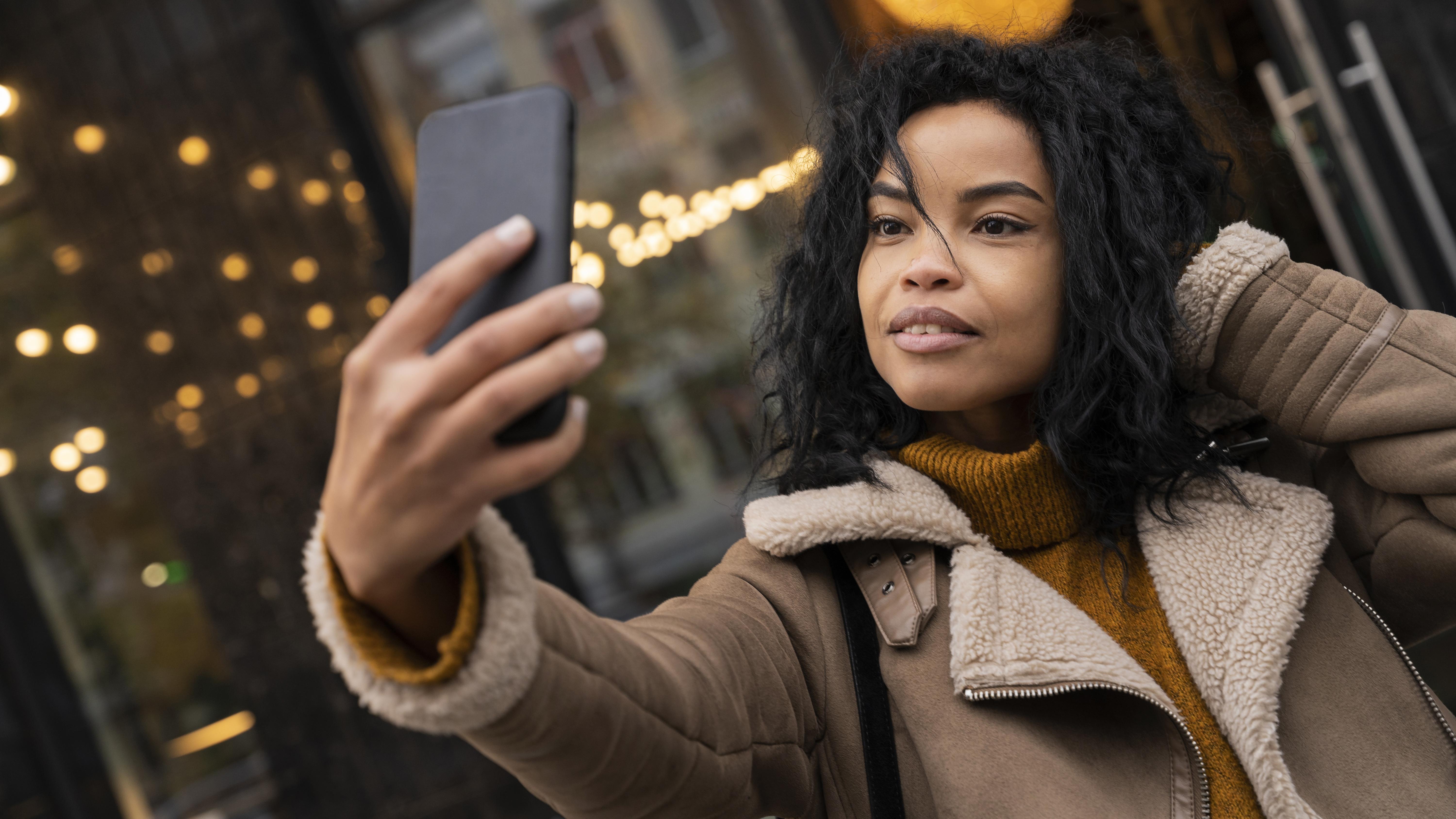
A woman taking a selfie with her phone | Source: Freepik
2. The Fear of Missing Out (FOMO)
Social media is a highlight reel of people's lives. It's filled with pictures of exotic vacations, trendy restaurants, and picture-perfect families. This can create a sense of anxiety and a fear of missing out, or FOMO.
We start to feel like our own lives are not as exciting or fulfilling as the lives of others. This can lead to a cycle of constantly checking social media, which can be addictive and further fuel our insecurities.
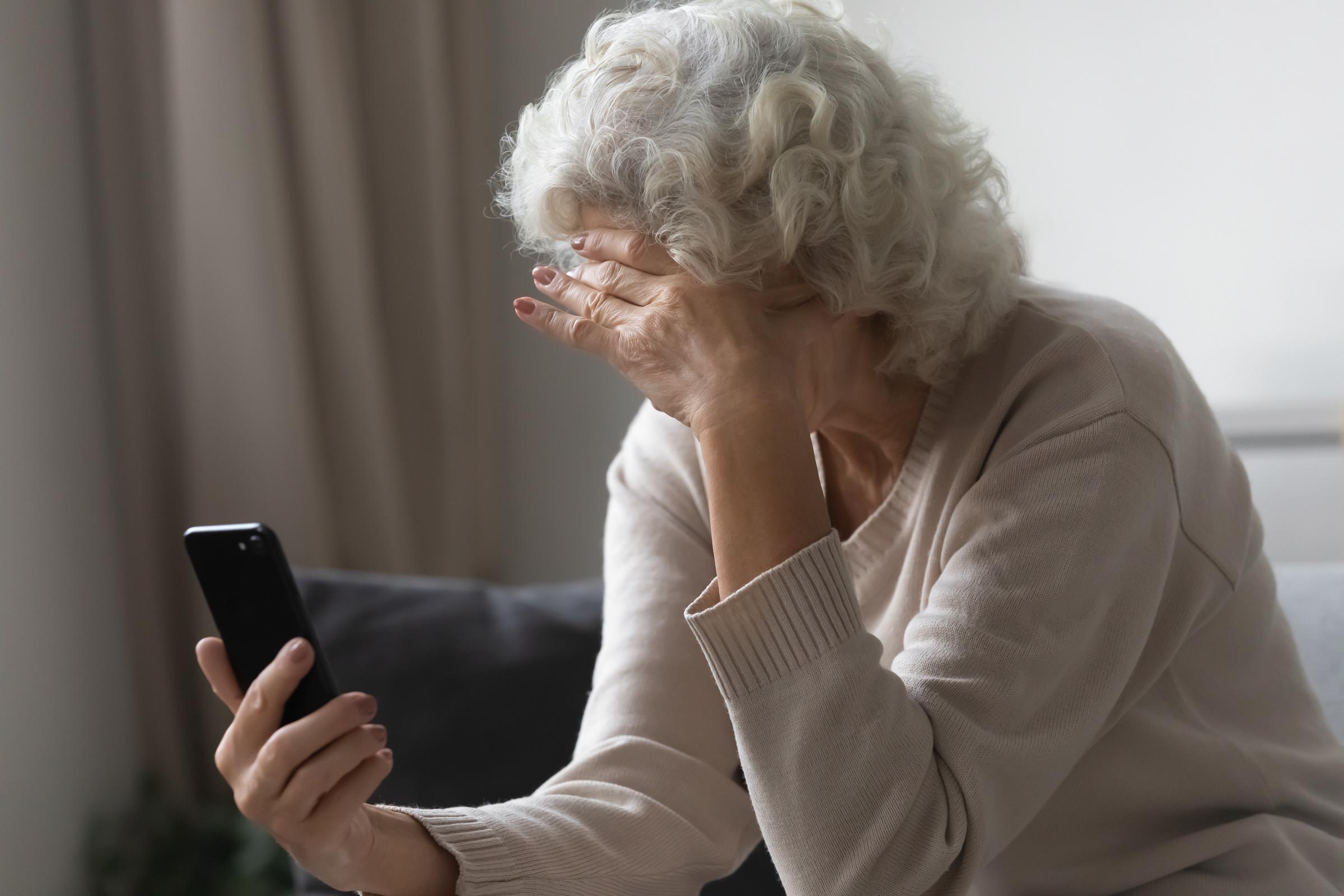
Stressed senior woman looking at her phone | Source: Shutterstock
3. The Paradox of Connection: You Start to Retreat
While social media is designed to connect people, it can sometimes have the opposite effect. Studies have shown that the more time people spend on social media, the more socially isolated they feel.
This is because online interactions can lack the depth and authenticity of real-life connections. The constant need to present a perfect image of ourselves online can also be emotionally draining, leading us to retreat from genuine social interactions.
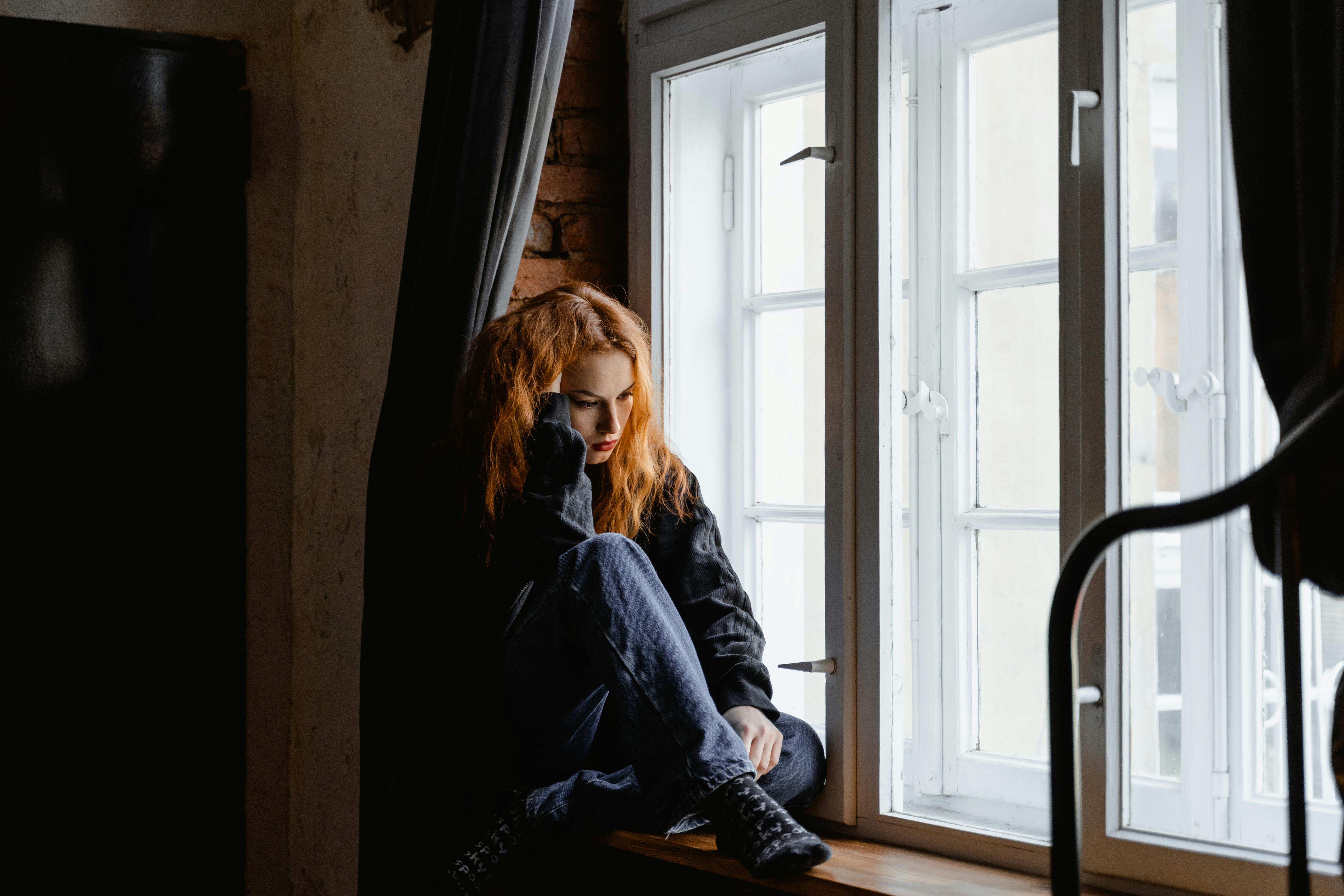
Depressed person | Source: Pexels
Navigating the Digital Landscape Safely
To reduce the negative effects of social media, it is crucial to cultivate a healthier relationship with these platforms. Consider reducing daily screen time. Some practical tips include setting time limits on social media apps.
Additionally, curating your online environment by unfriending or unfollowing accounts that evoke negative feelings can significantly improve your digital well-being
